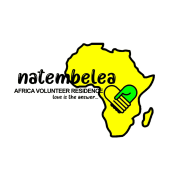Natembelea Africa Volunteer Residency
Cause Area
- Animals
- Children & Youth
- Community
- Education & Literacy
- Women
Location
Ngorongoro HouseIlboruArusha, Arusha region 00000Tanzania Tanzania
Organization Information
Mission Statement
We host volunteers from across the world with different passionate missions who come to experience life with the local people. The volunteers stay in our houses as the primary destination until they are allocated to their specific programs and placements that can be; teaching, child care, special needs and medical outreach.The volunteers will be assigned to placements spread across the city in nearby villages and rural areas in accordance to the program and its duration. VISION. Realize shared values while engaging local societies first MISSION. Dedicating abilities in making use of accessible resources to advance and sustain livelihoods. WHAT WE DO The residency offers housing and facilities as the primary destination to volunteers and provides specific placements according to the various volunteer projects we offer;
Description
Natembelea Africa Volunteer Residency is a non-profit residency established in September 2020 located in Arusha, one of the busiest cities and a tourist destination in Tanzania, we host volunteers from across the world.
WHAT WE AIM TO ACHIEVE
1. Provide volunteers with placements that enable them to show their compassion and utilize their skills , experience to improve and inspire as they engage the local.
